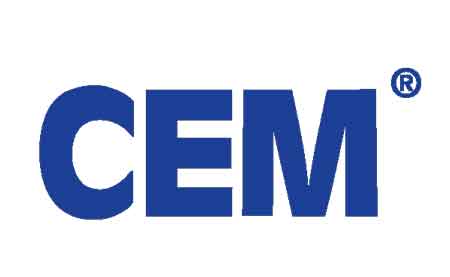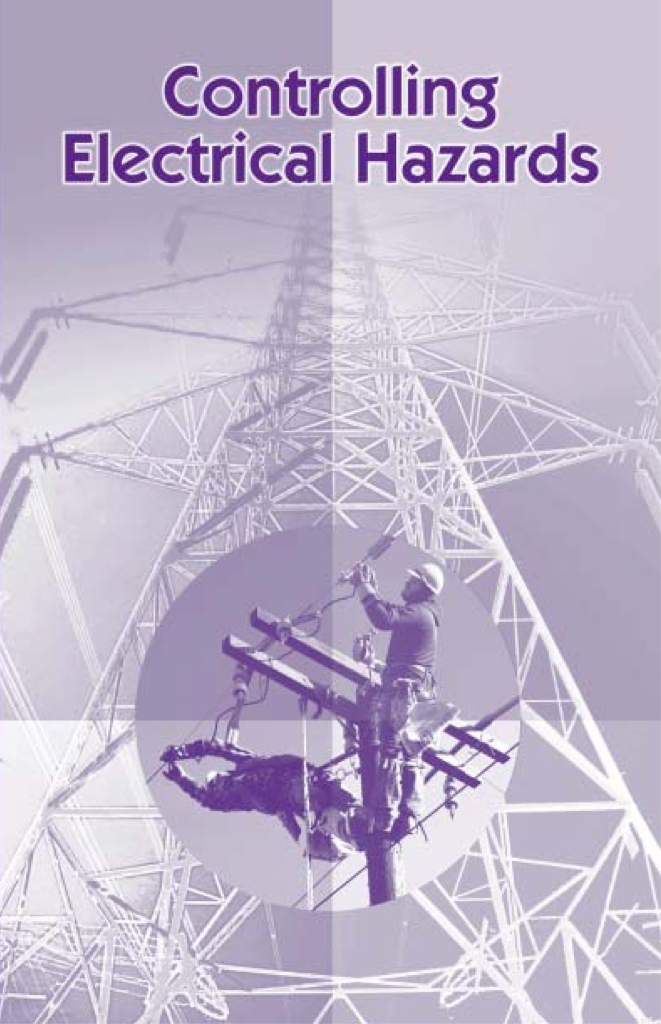Certified Energy Manager
By Harold WIlliams, Associate Editor

Download Our OSHA 3075 Fact Sheet – Understanding Electrical Hazards in the Workplace

- Learn the effects of electric current on the human body
- Understand OSHA safety standards and protective devices
- Discover essential lockout/tagout and grounding practices
Certified Energy Manager (CEM) professionals optimize energy efficiency, manage sustainability programs, and reduce operational costs through advanced analysis, auditing, and strategic planning for industrial, commercial, and institutional facilities.
What is a Certified Energy Manager?
A Certified Energy Manager is a credentialed professional specializing in efficiency, auditing, and sustainability leadership across industrial, commercial, and institutional operations.
✅ Identifies and implements energy-saving strategies
✅ Ensures compliance with energy and environmental standards
✅ Improves performance through data-driven energy management
A CEM is an individual professionally accredited—typically by the Association of Energy Engineers (AEE) or an equivalent body—to design, implement, and monitor comprehensive efficiency programs. CEMs combine technical knowledge with practical management skills to assess power use, uncover inefficiencies, and recommend actions that deliver significant cost savings while lowering environmental impact. Certified Energy Managers often rely on advanced energy management strategies to optimize facility operations and ensure long-term sustainability across industrial and commercial systems.
The CEM credential, offered by the Association of Energy Engineers (AEE), is globally recognized and underpins the credibility and rigour that CEM professionals bring to energy management.
The CEM credential is globally recognized as a benchmark of excellence in energy management. It signifies a deep commitment to sustainable practices, carbon reduction, and responsible resource use. CEMs work in diverse sectors—manufacturing, commercial property, public institutions—where they conduct audits, oversee complex building management systems, and guide organizations toward operational excellence. An example of this is energy efficiency in Alberta hospitals and educational institutions, where they perform audits and oversee complex building management systems.
Earning the CEM certification represents a major professional milestone for engineers and technicians working in the energy sector. Through the premier Certified Energy Manager training program, participants gain the technical knowledge and analytical skills needed to manage power use effectively in any industrial plant or commercial facility. The program emphasizes practical applications—such as system optimization, cost reduction, and sustainability planning—preparing graduates to lead comprehensive power management initiatives that improve performance, reduce emissions, and strengthen organizational resilience.
Key Responsibilities of a CEM
-
Certified Energy Managers bring together engineering, economics, and environmental leadership to create measurable value. Their daily work includes:
-
Conducting detailed energy audits and identifying opportunities for savings
-
Developing and recommending facility-wide policies and improvements
-
Analyzing utility bills, usage patterns, and benchmarking performance metrics
-
Overseeing installation of high-efficiency systems and retrofits
-
Providing expert guidance on compliance, certification, and sustainability reporting
Through these activities, CEMs integrate technology and strategy to help organizations reach both cost and carbon reduction goals. An essential component of a Certified Energy Manager’s work involves integrating building automation systems that monitor and control lighting, HVAC, and other critical building functions for peak efficiency.
-
Certification Requirements and Process
To become a CEM, candidates must meet specific educational and professional experience criteria established by AEE.
| Education Level | Required Experience | Exam | Renewal Cycle |
|---|---|---|---|
| Bachelor’s in Engineering or related field | 3+ years in energy management | 4-hour CEM exam (130 questions) | Every 3 years |
| Technical Diploma | 6+ years | Same | CEU-based |
| No degree | 10+ years | Same | CEU-based |
To improve overall performance and reduce energy waste, Certified Energy Managers frequently implement building energy management systems that provide data-driven insight into real-time power use.
Why Organizations Need Certified Energy Managers
Energy costs represent a major portion of operational budgets for most organizations. Hiring a Certified Energy Manager gives companies the expertise to pinpoint waste, manage consumption, and drive efficiency. CEMs introduce solutions such as LED lighting upgrades, advanced HVAC optimization, and building automation systems—all supported by data-driven measurement and verification.
Beyond cost reduction, their role extends into regulatory compliance and sustainability governance. CEMs help organizations qualify for government incentives, meet emissions reporting standards, and align with national and international codes such as ISO 50001 and LEED. Their influence goes beyond immediate savings—they shape a culture of efficiency that supports long-term environmental and economic resilience. Effective power optimization also depends on intelligent energy management controls that allow Certified Energy Managers to fine-tune systems for both cost savings and environmental compliance.
Becoming a Certified Energy Manager
To earn the CEM designation, candidates must satisfy education and experience requirements and pass a rigorous exam administered by the Association of Energy Engineers. The certification curriculum spans key areas including auditing, HVAC system optimization, lighting design, electrical distribution, renewable energy integration, and power economics.
Becoming a Certified Energy Manager demonstrates both technical proficiency and leadership capacity. Maintaining certification requires ongoing professional development, ensuring that CEMs stay informed about evolving technologies, new standards, and emerging sustainability practices. Many CEMs expand their expertise by pursuing related credentials—such as Certified Energy Auditor (CEA) or Certified Measurement and Verification Professional (CMVP)—to further strengthen their knowledge of power systems and performance verification.
Many CEMs are also involved in broader sustainability initiatives and may work on projects related to renewable energy integration or advanced energy storage solutions.
Impact of CEMs on the Energy Sector
As the global economy transitions toward cleaner and more efficient power systems, the role of the Certified Energy Manager has become indispensable. CEMs help organizations reduce greenhouse gas emissions, improve building performance, and achieve ambitious sustainability goals.
Their work delivers tangible outcomes—millions of dollars in annual savings, measurable power performance improvements, and compliance with environmental regulations. By combining technical expertise, analytical insight, and strategic vision, CEMs lead the transformation toward a more sustainable, efficient, and resilient energy future in buildings and industries around the world. By combining these technologies within a comprehensive energy management program, Certified Energy Managers help organizations achieve measurable reductions in power consumption, carbon output, and operating costs.
Related Articles




